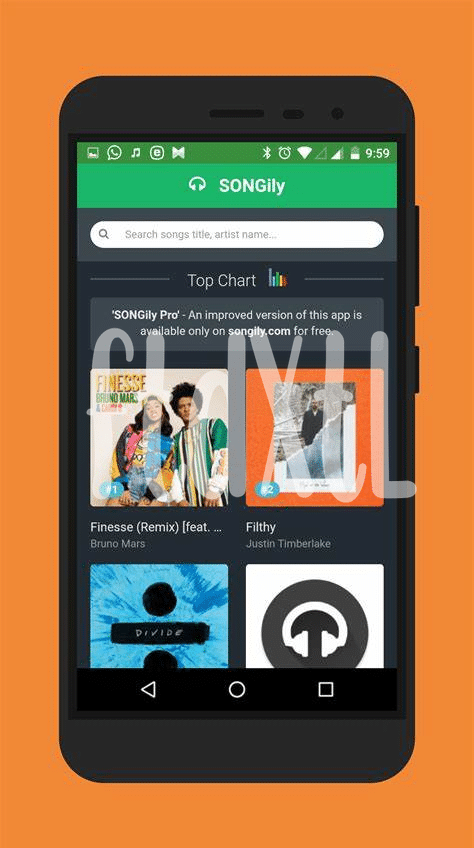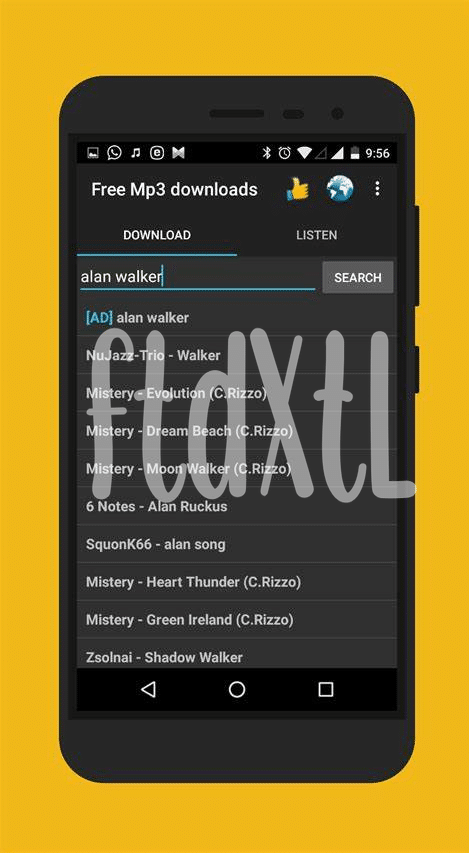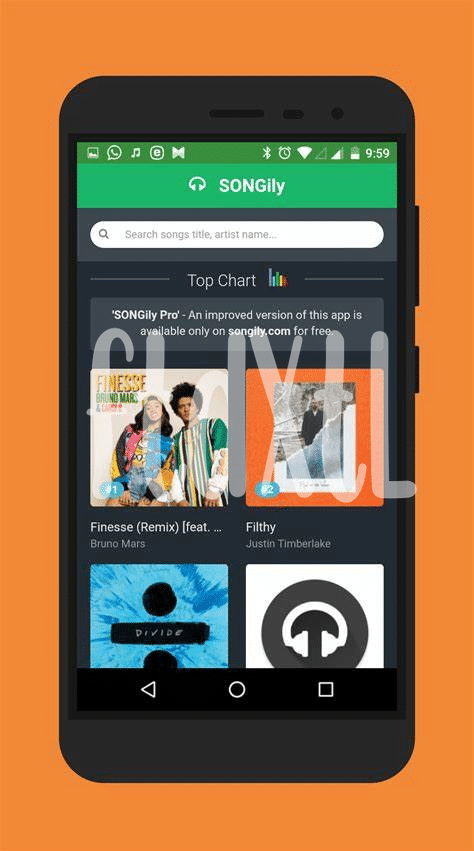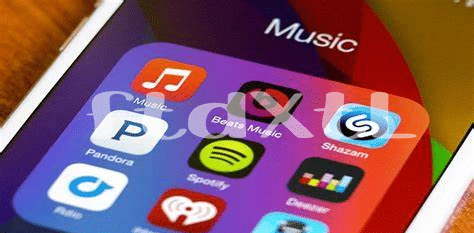- The Evolution of Music Apps 🎵
- Streaming Vs. Downloading: Pros and Cons 📲
- Top Features to Look for in Music Apps 🌟
- Best Free Music Apps to Enjoy Anytime 🎧
- Discovering New Music: the Power of Recommendations 🌍
- The Future of Music Apps: Innovations and Trends 🚀
Table of Contents
ToggleThe Evolution of Music Apps 🎵
The way we consume music has transformed dramatically over the years, thanks to the evolution of music apps. From the early days of physical CDs and MP3 downloads, we have now shifted to the era of streaming services that provide an endless library of songs at our fingertips. The convenience and accessibility offered by these music apps have revolutionized the entire music industry, empowering listeners to explore and enjoy an extensive range of content in a seamless manner. As technology continues to advance, we can expect further innovations in music apps, catering to the evolving needs and preferences of users.
| Evolution of Music Apps |
|————————-|
| – Transition from physical CDs to digital downloads |
| – Emergence of streaming services |
| – Enhanced accessibility and convenience |
| – Ongoing technological advancements |
Streaming Vs. Downloading: Pros and Cons 📲
When considering the choice between streaming and downloading music, there are several key factors to weigh. Streaming offers the convenience of instant access to a vast library of songs without taking up storage space on your device, making it an ideal option for those with limited space. Additionally, streaming services often provide personalized recommendations and curated playlists based on listening habits, introducing users to new artists and genres. On the other hand, downloading music allows for offline listening, making it suitable for situations where internet access may be limited or unreliable. Moreover, downloaded tracks are not affected by potential changes in licensing agreements or internet connectivity issues, providing a sense of security and permanence. However, downloaded music requires storage space, and managing a personal music library can be more time-consuming compared to using a streaming service. Ultimately, the decision between streaming and downloading depends on individual preferences, listening habits, and lifestyle. Understanding the pros and cons of each method enables users to make an informed choice that aligns with their needs and preferences.
Top Features to Look for in Music Apps 🌟
When considering the top features to look for in music apps, users should prioritize accessibility, functionality, and curation. Firstly, accessibility encompasses a user-friendly interface that allows for easy navigation and search capabilities, ensuring a seamless experience. Additionally, customizable features such as playlist organization and offline listening are key components. Functionality, on the other hand, involves the app’s ability to integrate with other platforms, support high-quality audio, and offer personalized recommendations. Lastly, curation plays a vital role in enhancing the user experience, as it provides tailored music suggestions, diverse genre options, and the ability to discover new artists and tracks. By focusing on these top features, music enthusiasts can enjoy an optimized and enriching music streaming or downloading experience.
In conclusion, the top features to look for in music apps can significantly impact users’ engagement and satisfaction. Emphasizing accessibility, functionality, and curation when evaluating different apps can ensure a fulfilling and immersive music listening experience. Whether it’s discovering new artists, organizing playlists, or enjoying high-quality audio, these fundamental features contribute to a well-rounded and enjoyable music app experience.
Best Free Music Apps to Enjoy Anytime 🎧
When it comes to enjoying music on your Android device, there are several free music apps that offer a wide range of features to enhance your listening experience. From customizable playlists to personalized recommendations, these apps provide a diverse selection of music genres, artists, and albums, ensuring that you can enjoy your favorite tunes anytime, anywhere. With seamless streaming and offline listening options, these free music apps cater to both online and offline music enthusiasts, offering convenience and flexibility at your fingertips. Whether you’re commuting, working out, or simply relaxing at home, these apps ensure that you can access your favorite tracks with ease. For more information on the best video calling app for Android in 2024, check out Android UK News’ feature on what is the best video calling app for android in 2024.
Discovering New Music: the Power of Recommendations 🌍
When it comes to discovering new music, the power of recommendations cannot be underestimated. With the vast amount of music available at our fingertips, it can be overwhelming to pinpoint exactly what we want to listen to next. This is where the magic of music apps with recommendation features comes in. By analyzing your listening habits and preferences, these apps can introduce you to new artists, genres, and songs that align with your tastes, ultimately broadening your musical horizons. The beauty of recommendation algorithms lies in their ability to surprise and delight, often bringing to light hidden gems and tracks that might have otherwise gone unnoticed.
| Pros | Cons |
| —–|——|
| Unlimited music selection | Requires internet connection |
| Personalized recommendations | Storage limitations on mobile devices |
| Accessibility across devices | Dependent on the platform for music availability |
This pivotal role of recommendations in music apps enhances the overall listening experience, offering a seamless pathway to musical exploration and discovery.
The Future of Music Apps: Innovations and Trends 🚀
The future of music apps promises to be a dynamic and transformative landscape, marked by cutting-edge innovations and emerging trends. Advancements in artificial intelligence and machine learning are set to revolutionize personalized music curation, offering users a seamless and tailored listening experience. Furthermore, the integration of augmented reality and virtual reality technology within music apps is poised to create immersive environments for users to engage with their favorite artists and enjoy interactive music experiences like never before. Additionally, the rise of blockchain technology is expected to introduce new models for artist compensation and transparent royalty distribution, addressing long-standing challenges within the music industry. As music apps continue to evolve, we can anticipate an emphasis on fostering community and social interactions, enabling users to connect with fellow music enthusiasts and discover new artists and genres through shared experiences. With these innovations on the horizon, the future of music apps holds great promise for delivering unparalleled engagement and enjoyment to music aficionados.




